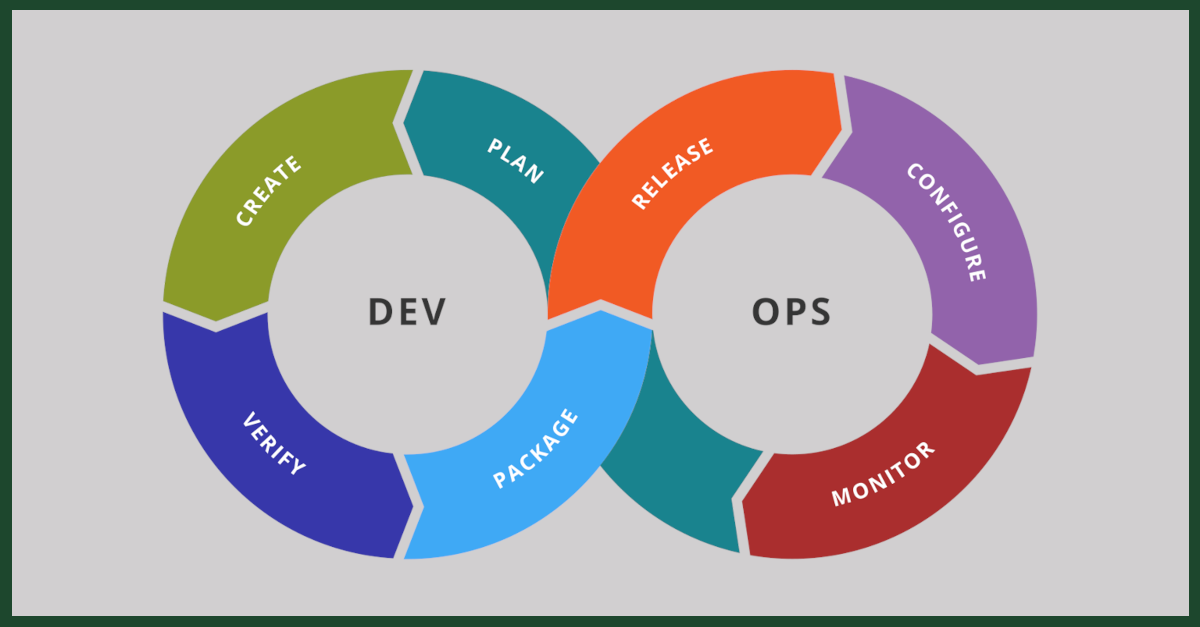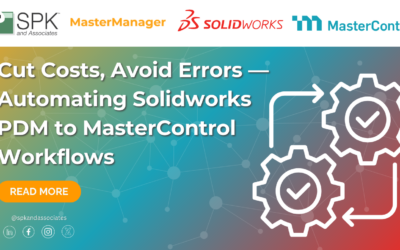Does the new trend towards DevOps threaten the integrity of Application Lifecycle Management (ALM)? The very nature of DevOps, which bridges the gap between development and operations through increased communication and continuous development cycles, would at first glance appear to present compatibility issues with ALM. Organizations employing DevOps develop and test side by side and utilize shorter deployment cycles to support rapid release phases and reduce business impact. For some companies, this means managing up to 10 deployments per day.
While it may seem that DevOps has turned software and application development on its head, the tenets of ALM are in fact preserved throughout the process – it is merely the timing and scope that have changed. By decreasing the scope of each modification, it is possible to support more rapid development lifecycles which lends itself quite well to Agile development and other iterative development methodologies. In fact, another way of viewing DevOps is as a natural extension of Agile ALM as applied to operations.
The truth is, robust Agile solutions can not only keep up with the demands of DevOps, they can also provide organizations with a more comprehensive infrastructure for development and deployment when used in conjunction with one another. DevOps clears the communication barrier between development and operations, resulting in changes that are more clearly conceived and deployed in a fast and efficient manner to a more stable environment. Agile provides the backbone for these changes, ensuring that they have been properly developed and tested before heading into release.
Evidence of the symbiotic relationship between Agile ALM and DevOps can be seen in the increasing number of consulting firms and software solutions aimed at aiding organizations forge a stronger bond between the two methodologies. And though the future is always hard to predict, it is clear that ALM has proven itself adaptable enough to survive in a notoriously dynamic industry while keeping its core principles intact.
Next Steps:
- Contact SPK and Associates to see how we can help your organization with our ALM, PLM, and Engineering Tools Support services.
- Read our White Papers & Case Studies for examples of how SPK leverages technology to advance engineering and business for our clients.







